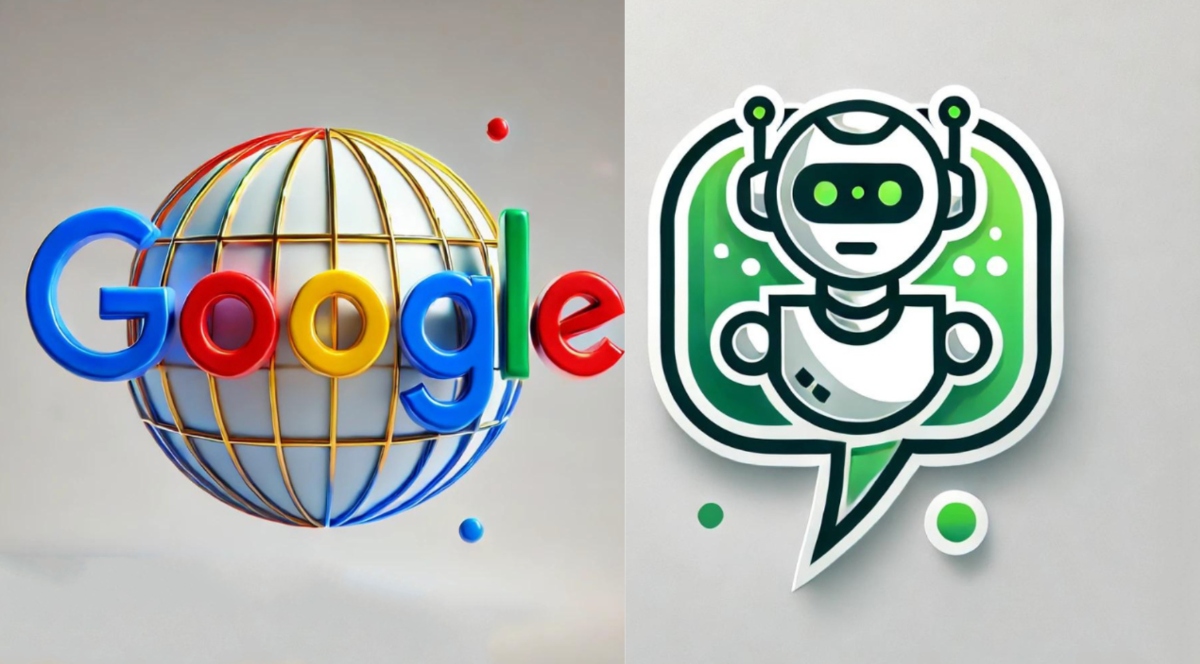Comments
- No comments found

OpenAI’s SearchGPT, initially touted as a groundbreaking tool for online searches, is proving to be more of a work in progress than a Google killer.
When OpenAI introduced SearchGPT, it was hailed as the future of search, blending advanced AI models with real-time data to deliver fast, accurate results.
However, recent trials show that the platform still struggles with accuracy, local information, and reliability, posing a significant challenge in its quest to dethrone Google as the leader in online search.
One of the major hurdles facing SearchGPT is its tendency to “hallucinate,” or generate incorrect facts. For instance, testers found the AI stating that OpenAI’s CEO, Sam Altman, was scheduled to speak at an upcoming tech conference when in reality, he wasn’t.
Such factual missteps have become more common, raising concerns about the platform’s reliability.
While SearchGPT's goal is to provide users with instant, fact-based summaries rather than Google’s traditional list of links, these inaccuracies weaken its appeal. Merging AI with real-time data was supposed to be a game-changer, but when the AI frequently delivers wrong information, the user experience suffers. It raises the question of whether the tool can truly compete with the search giant.
Another area where SearchGPT stumbles is in delivering local information. Google's decades of experience and vast databases make it the go-to platform for finding details about nearby businesses, services, and products. Google’s immense network of partners and subsidiaries ensures that users find accurate and comprehensive information.
In contrast, SearchGPT does not have access to such robust databases. This limitation often results in either incorrect responses or no response at all when users search for local data. For instance, looking for nearby restaurants or services using SearchGPT can lead to disappointing or even nonsensical results.
Although OpenAI has gained massive recognition for its AI advancements, SearchGPT is not the only player in the AI-driven search engine space. Other startups, like Perplexity AI, are offering promising alternatives.
Perplexity uses a more structured approach, combining models from OpenAI, Anthropic, and others. By implementing stricter fact-checking guardrails and providing links to verify information, Perplexity has managed to avoid many of the issues that plague SearchGPT.
Perplexity also benefits from building its own web index while still utilizing data from Google and Bing to fill any gaps. This hybrid method allows it to dodge some of the errors SearchGPT faces, resulting in a more reliable user experience. By including sources and reference links, Perplexity ensures transparency and offers users a way to verify the AI's claims.
While OpenAI works to perfect SearchGPT, Google is racing ahead with its own AI search tools. Google has already introduced AI Overviews powered by Gemini AI, though not without its own set of challenges.
Some users have reported bizarre or even dangerous advice from Google’s AI features. Despite this, Google continues to refine its AI tools and has rolled out these features globally, indicating confidence in its dominance.
For OpenAI, the road ahead is long. With SearchGPT currently available to only a limited number of users, it’s clear that the platform needs significant improvement before it can challenge Google’s decades-long supremacy in the search engine market. Whether OpenAI invests more time and money or looks for alternative solutions, it will need more than just ChatGPT’s subscriber base to compete at Google’s level.
In its current state, SearchGPT is far from being a viable replacement for Google. Its struggles with factual accuracy, local information, and database access make it a work-in-progress rather than a Google killer.
While OpenAI’s AI innovations have certainly impressed the tech world, when it comes to search engines, Google remains the undisputed leader. For now, SearchGPT has some catching up to do before it can pose any serious threat
Rohit Belakud is a seasoned professional with over 7 years of experience in SEO, Digital Marketing, Affiliate Marketing, and Web Development. He currently serves as the CTO of Techbsb and is also a highly-rated freelancer on Fiverr, with over 50 five-star ratings. Beyond his professional expertise, Rohit is also a lawyer and a passionate writer. He manages and operates several websites, blending his technical skills with creative pursuits.
Leave your comments
Post comment as a guest